CUBES license manager has been fully redesigned and upgraded. All customers have had their data moved to the new server located at cubes.tangent.com Migration to a more secure server was executed in October and the older tangent.com/cubes URL will soon redirect to the new server at cubes.tangent.com. The old server will be depreciated, and all […]
Month: October 2021
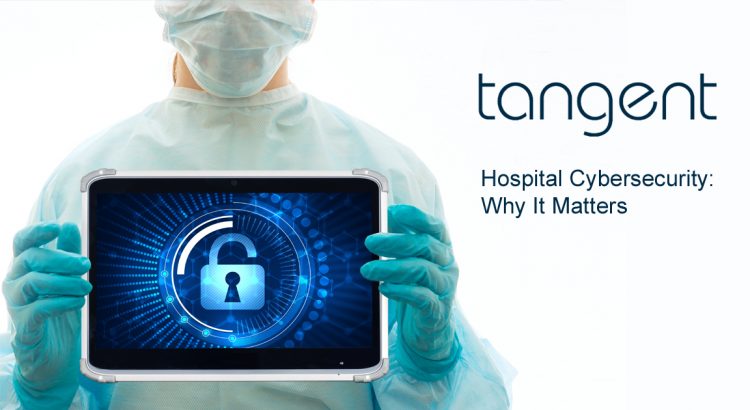
Hospital Cybersecurity: Why It Matters
Hospitals have come to rely heavily on their medical computer infrastructure. Everything from billing information to patient medical histories are stored on digital devices. These devices have made the task of record keeping much easier for your workers. But they also make it much easier for criminals to access sensitive information. Hackers have taken to […]
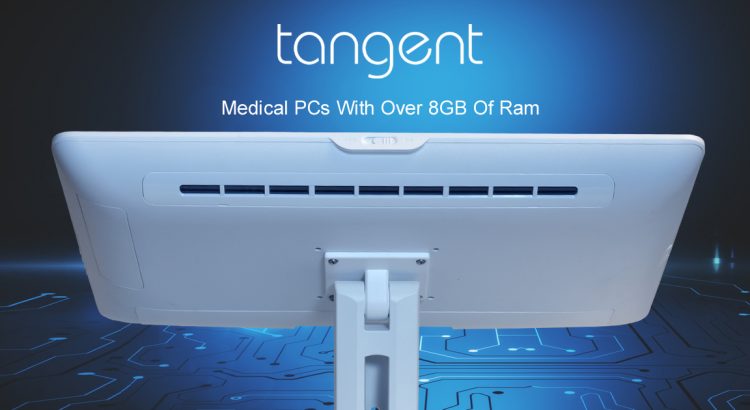
Medical PCs With Large Amounts Of RAM
As the years go by, computers of all kinds only seem to get faster. Computing trends have largely followed Moore’s Law, which states that the transistor density of processors doubles every two years. In non-technical terms, this generally means that computers should double in speed in the same time period. But one of the consequences […]
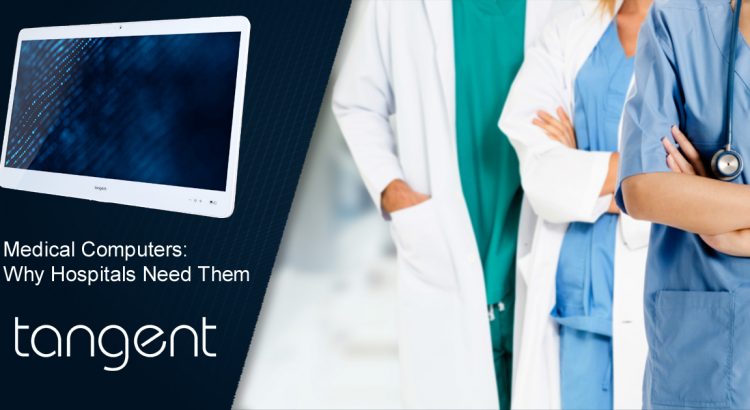
Medical Computers: Why Hospitals Need Them
For their entire existence, hospitals have only had one major goal: to provide quality healthcare to their local community. To do this, doctors have always used the most advanced technology available to them. In the sixties, that meant creating and implementing the first artificial hearts into patients. Innovations like these have led to people living […]

License Management Software: Is CUBES The Right Fit for Your Business?
Between the plethora of options among subscriptions, SaaS, short-term software, and other licensing, businesses of all shapes and sizes have experienced an exponential change in how software is licensed. While perhaps a decade ago yearly service fees were the norm, managing licenses has become incredibly complex. With these complexities, issues such as unwanted renewal fees, […]
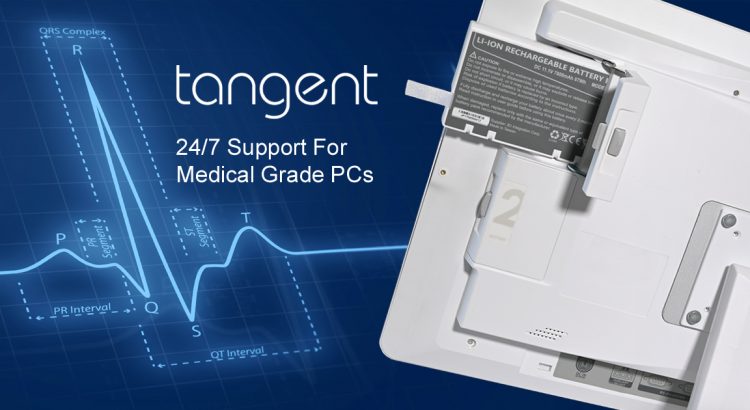
Why 24/7 Support Is Crucial For Medical Grade PCs
Emergencies can strike at a moment’s notice. While dealing with the Pandemic, hospitals and other businesses in Louisiana also had to contend with Hurricanes. While many of these hospitals came out of these hurricanes with only moderate damage, some were not as lucky. Some areas are still recovering even today. On a smaller scale, issues […]
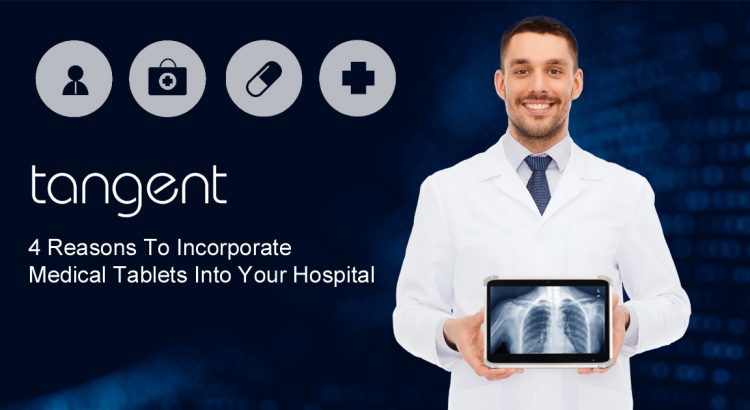
4 Reasons To Incorporate Medical Tablets Into Your Hospital
Hospitals are sites of constant innovation. Over the course of the pandemic, doctors and nurses have made do with what they had, fashioning PPE out of plastic bags and making the most of their situation. Now that vaccines are widely available, and we are on the other end of the delta variant surge, now is […]
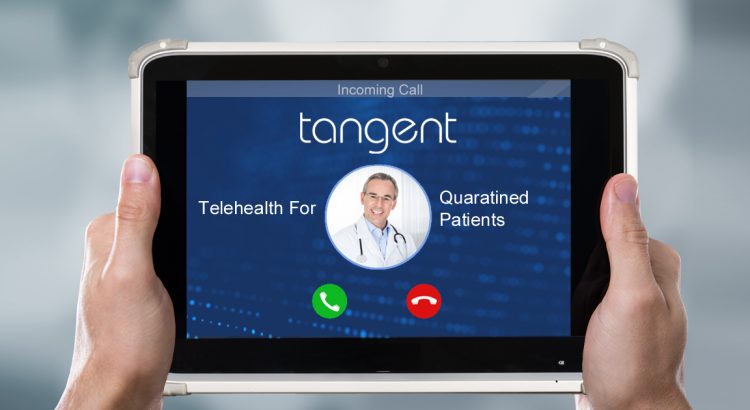
Telehealth Options For Quarantined Patients
The top priority of any hospital is ensuring the health and safety of patients. The complications of the pandemic have made this mission that much more difficult. Doctors and nurses don personal protective gear each and every time they see a quarantined patient. While effective, this approach to caring for quarantine patients leaves room for […]